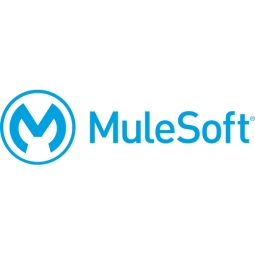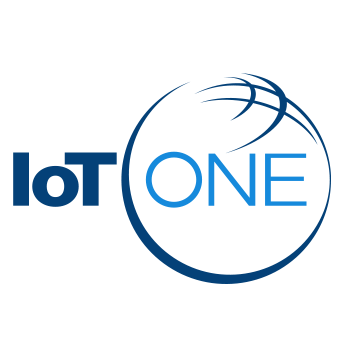Suppliers
United States
Mulesoft
Overview
This profile is not managed yet, if you would like to manage
this profile, please contact us at team@asiagrowthpartners.com
this profile, please contact us at team@asiagrowthpartners.com
 |
Mulesoft |
| United States | |
| 2006 | |
| Private | |
| $1-10b | |
| 1,001 - 10,000 | |
| Open website |
IoT Snapshot
Technology Stack
Case Studies
Number of Case Studies58
|
NZ Post's Digital Transformation: Diversifying Services with APIs
NZ Post, a government-owned enterprise providing postal services across New Zealand for over 180 years, was facing a decline in mail services. To adapt to the changing needs of consumers and retailer customers, NZ Post aimed to transform from a traditional mail company into a reliable courier and online digital services organization. The company's goal was to expand its digital solutions and ecommerce logistics services worldwide and offer personalized customer experiences. However, IT complexities and data silos posed significant challenges. The company needed to access and gather data from disparate systems, such as parcel tracking data, contact center data, and financial data, to gain necessary insights for creating personalized customer experiences, launching innovative solutions, and expanding its ecosystem. |
|
|
Lotus’s Boosts Sales Through Digital Channels Using API-Led Integration
Lotus’s, a popular retail brand with over 2,500 outlets in Thailand and Malaysia, aimed to double its sales in two years by improving customer loyalty and adopting an omnichannel strategy. However, the company's rapid growth led to the accumulation of multiple disparate systems and data sources across new acquisitions, partners, and supply chain operators. This made it difficult for Lotus’s to access the necessary data to gain visibility into its business. The existing IT infrastructure and point-to-point custom code integration were labor-intensive and costly to connect existing systems, add new systems, and access data. Lotus’s needed a more flexible systems integration solution to connect front and back-end systems at an accelerated pace to support its sales goals and business growth. |
|
|
Bayer doubles product development speed with API-led integrations
Bayer Crop Science, the agricultural and environmental branch of Bayer Corporation, had a sprawling Salesforce ecosystem that was integrated with mobile applications, master data repositories, and the Bayer ERP system via a custom point-to-point (P2P) integration pipeline. This approach was challenging and costly to manage and scale. Data was held in silo systems that were difficult to access, slowing down product development and other projects. The complexity of the system also made it difficult for Bayer to resolve faults, leading to project delays that negatively impacted the business. Bayer needed to establish a scalable, consistent, futureproof integration strategy that is repeatable throughout the business to reduce development time and increase speed to market. They also needed to integrate multiple ecosystems around the globe with mobile applications, data repositories, and their SAP ERP system, and deliver a single view of the customer to stakeholders across the organization. |



